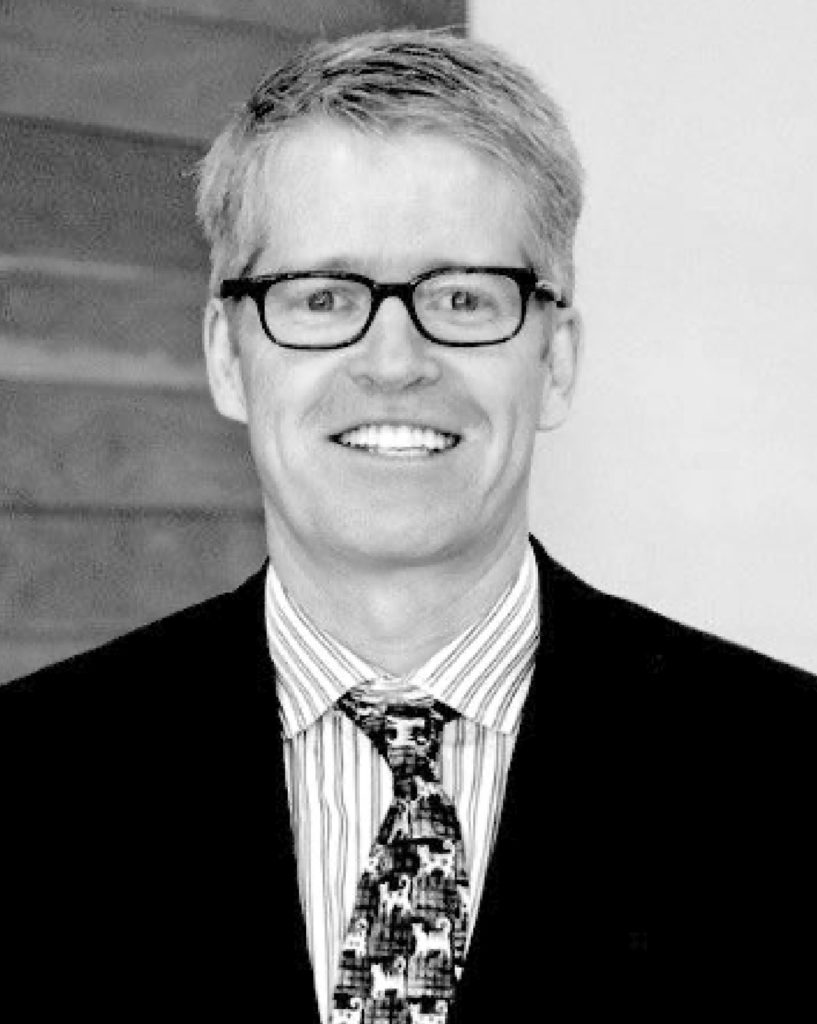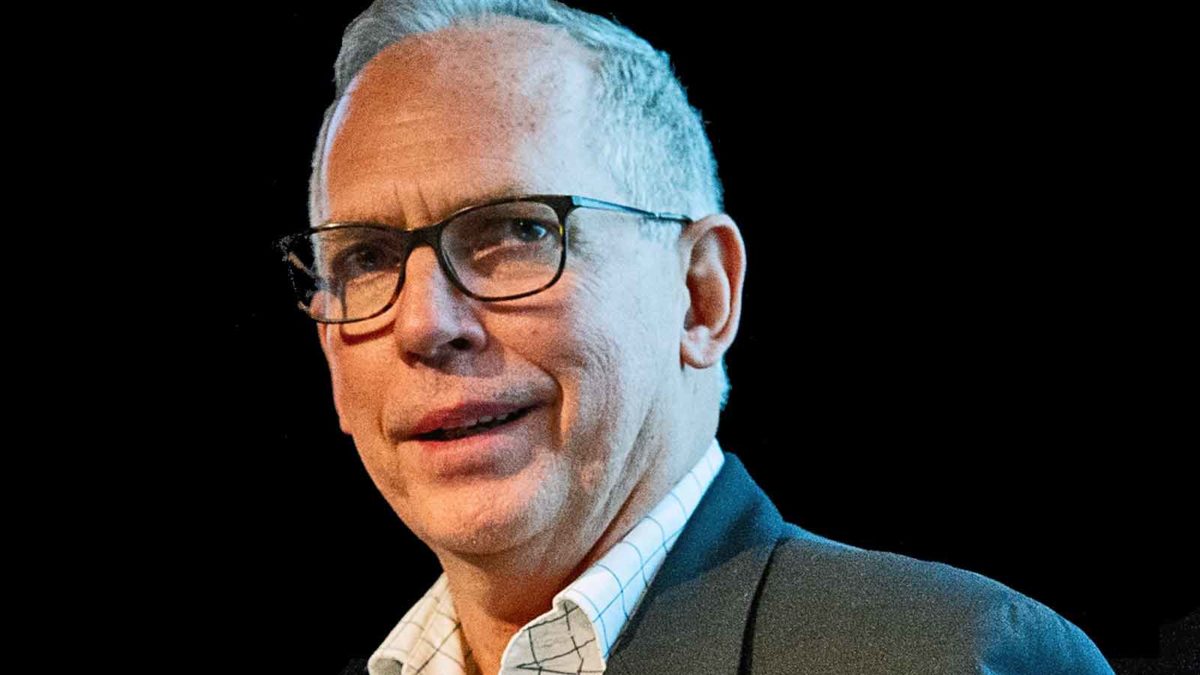Ivey and friends launch global macro boutique
Kim Ivey and friends Alastair Sloan and David Gray, all experienced industry professionals in the alternatives space, have co-founded a Global Macro strategy through a boutique investment company, Albany Capital.
The firm starts with offices in Sydney and London and a mandate to manage $US50 million from a New York investor. It is in the process of forming a fund, probably to be domiciled in the Caymans, and plans to launch a TAA offering in 2022 with an innovative fee structure.
Ivey said last week (June 30) that Albany could easily set up additional separate accounts or an Australian-domiciled trust when the time was right. However, as is the case for a lot of local alternatives managers who build products more suited to larger Investors, he expected that early investor interest would more likely come from overseas.

It was nearly not going to be that way. The genesis for the new business came about when Al Sloan, who was running a TAA/DAA overlay for Sunsuper across its $50 billion asset pool, which he had done since 2015, told Ivey he was going to move on. They chatted about possibilities and Ivey suggested he talk with another large super fund to see whether there was an appetite to back a start-up. He did and there was.
“It was a great opportunity,” Ivey said. “We immediately sounded out many of our contacts and pitched our ideas to them to validate, or not, the worthiness of our offering. With honest feedback in the affirmative, Al and I began running a large trial paper global macro portfolio for the seeder as a form of due diligence, and David [Gray] and I began putting the components together for building the business infrastructure. We interacted with the seeder each week.”
But that was 2019. By April 2020, with turmoil in the world and in markets, the seeder put the plan on ice. “It was a major setback for us,” Ivey said. “But we believed in ourselves, we believed we had built and tested a world-class global macro investment process and we believed in the business plans we had refined over the previous nine months.”
They decided to battle on and search for an alternative seed investor. They pitched their model and credentials to three big prime brokers who all liked the idea and helped with some capital introductions. After about six months of zoom marketing meetings and follow-ups with overseas investors, a $7 billion New York-based investment group decided to back them. JP Morgan Prime services played a key role.
Having gone live with the US account, Albany Capital’s first hire, Jonathan Hale, an experienced trader who worked previously with Sloan, trades out of the London office and provides key global coverage. Ivey as CEO & Head of Risk and David Gray, who is also the COO, are continuing with the business build out for the Global Macro product to reach more investors. Sloan and Hale run the front office.
Ivey, who intends to split his time from his home base in Broome, WA, and Sydney , at least while Australia’s borders are still closed, said the partners would probably recruit another operations person and an analyst or junior trader in the near future.
The TAA product on the drawing boards would have a fee structure which included a base fee based on the manager’s marginal costs and a performance fee. “Base fees will be very low,” he said. “We will build all the systems and infrastructure at our own cost.”
He said the TAA strategy as designed by Albany Capital will be built to exploit short to medium term cross-market inefficiencies, without any style or model biases.
Ivey is no stranger to start-ups, having been a founding partner of Vertex Capital Management and, more recently, LSL Partners. He is active in the hedge fund community, having also been one of the founders of AIMA Australia, Hedge Funds Rock and its related charity The Alternative Future Foundation.
The firm’s name comes from the Albany Passage, which is a body of water in the Torres Strait at the tip of Cape York, where much of Australia’s early trade to and from the eastern settlements was shipped. It was Australia’s first gateway to the rest of the world.
The founders’ analogy is: “Navigating through its reefs, the strong cross-currents and the changing weather conditions, was very dangerous and required considerable skill and expertise.”
Ivey said: “The testing conditions it posed to those who travelled through its waters, struck an immediate chord with the three principals as we embarked on building an investment firm in Sydney with skilled professionals to navigate complex and sometimes volatile markets around the world.”











